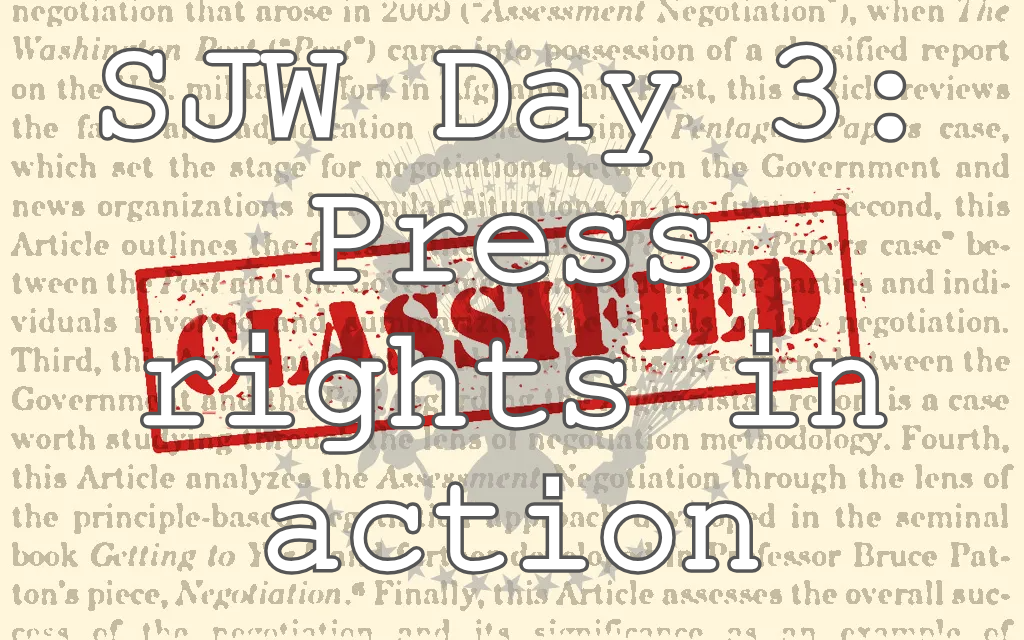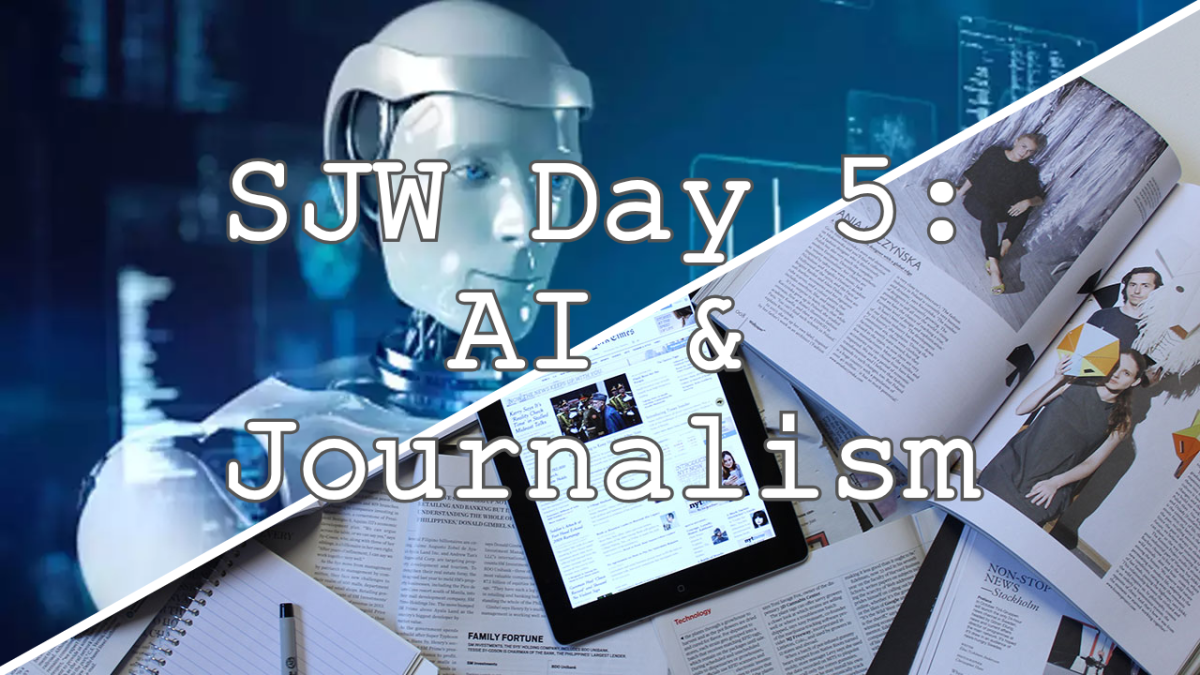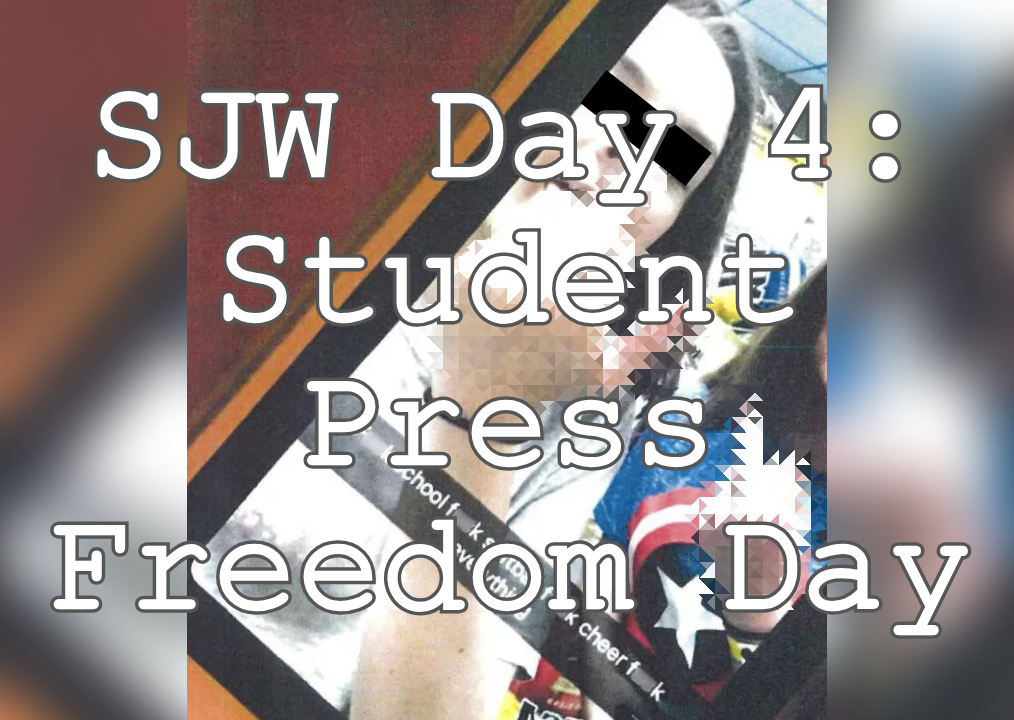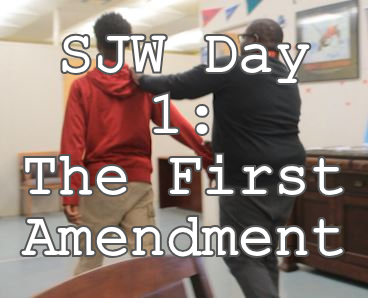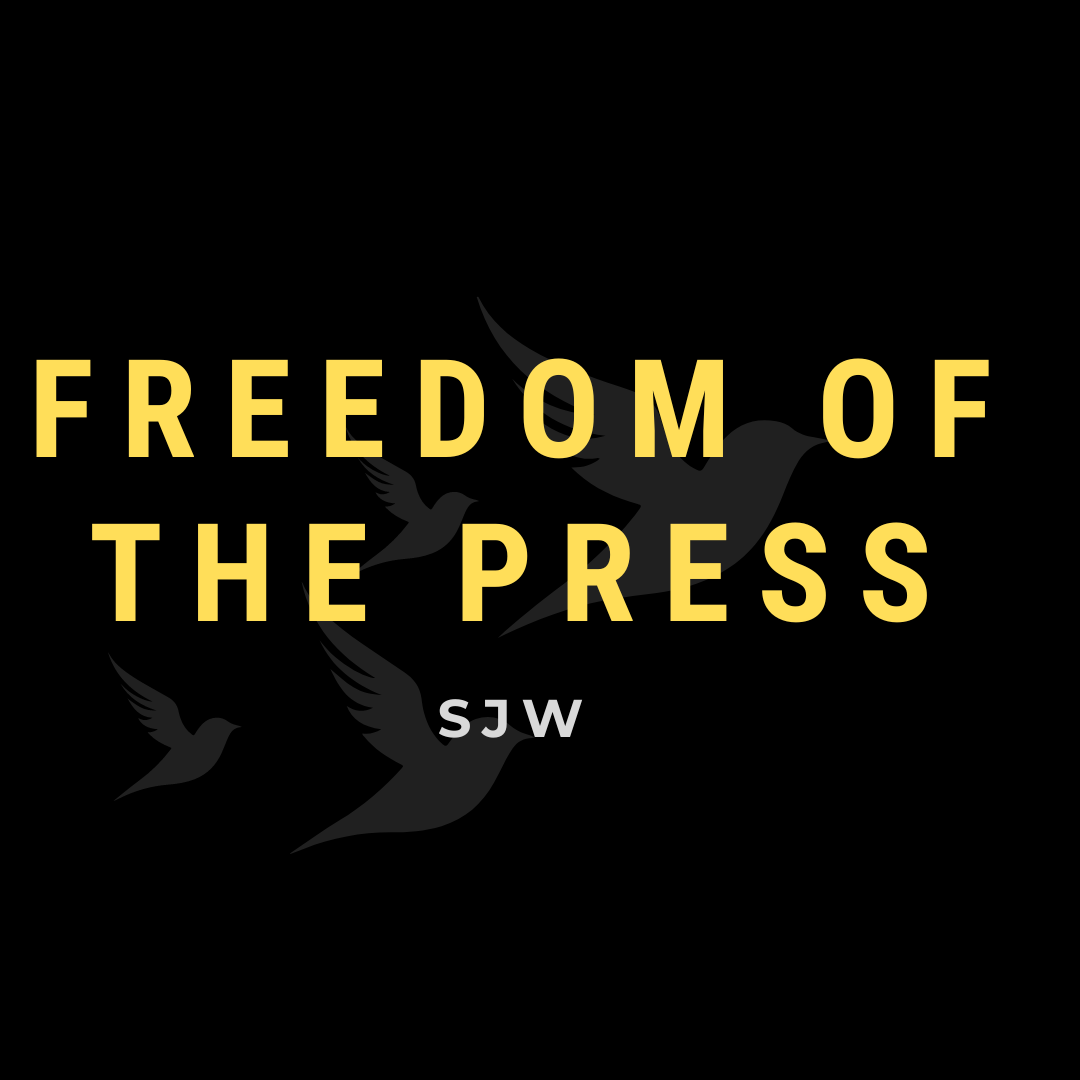Press rights relate to freedom of the press, which comes from the first amendment. The press is protected by law to be able to collect information and report it to others, which brings up the responsibility of the press.
This protection covers a wide range of situations, from protests that shut down streets to wars and corruption in the political world.
The government can’t prevent information from the press from being published, whether it’s an idea, thought, or news itself. With the press rights, they are able to investigate and bring truth to the light. In action these rights can be crucial, such as in the case of the Pentagon Papers.
The Pentagon Papers
The Pentagon Papers were highly secret government documents that contained incriminating information about the Vietnam War and the U.S’s participation in it.
Daniel Ellsberg, a military analyst who was working for the U.S. government, worked on these documents from 1967-69 and discovered that there were several miscalculations and total lies told by politicians about U.S. involvement in Vietnam, often in the form of saying that there will be less of it publicly, followed by ramping up their involvement secretly. He later leaked these papers to the New York Times because he felt like the war was unwinnable and that the American people were being lied to.
When the New York Times made a story on the papers in 1971, President Nixon obtained a court injunction that stopped them from printing any more articles. Later, the Washington Post took a stab at making stories about the Pentagon Papers themselves, and while Nixon also tried to stop them, the judge that Nixon had to speak with refused to issue an injunction.
On June 20, 1971, both the Post and the Times were taken to the Supreme Court, where the judges ruled that, under the freedom of press, the government couldn’t censor the press in this case. This ruling cemented in place the press’s responsibility in telling the truth, even if it meant leaking classified documents. Just a year later, the press investigated the government again.
The Watergate scandal
In this case, a group of men spied on the Democratic Party offices to get Nixon reelected in 1972. Nixon claimed that he had no involvement in what they did, and was reelected in November of 1972.
An anonymous source nicknamed “Deep Throat” told Washington Post investigators Bob Woodward and Carl Bernstein that Nixon was involved in the cover-up, giving the burglars hush money to keep them quiet.
These investigators later found out that Nixon has tape recordings of all his conversations in the Oval Office and asked for them. Nixon refused, which led to the Supreme Court ordering him to hand the tapes over.
These tapes were later released, and Nixon knew that his career was over. So over, in fact, that he became the first president to resign from office, being succeeded by his VP, Gerald Ford.
All of this goes to show just how influential and impactful the press can be. This scandal was taken to the Supreme Court and made a president resign because of a few investigators that wanted to know the truth and reveal that truth to the public. The press has a duty to hold even the highest levels of government accountable for their actions, and that aspect of integrity is what makes them vital to a fully functioning democracy.
Conclusion
Not only does a press exercising their rights protect the freedom of press but it has also protected the rights of others even further in the past.
Like women’s rights, especially in the women’s suffrage movements, the strategy was to make the press publicize the efforts of women so that more people would be willing to join the cause. Oftentimes it would reach even men higher in society. The inequality needed to change, and it took newspapers, pamphlets, and journals to get that point across.
Getting the point across is only half the battle, and even real battles need to be editorialized. In early America during the civil war, it was the journals, the news, the papers that helped everyone understand what they were fighting for and how much they were losing over it. Keeping the public informed on the politics and results.
Informing, it is what the press does, no matter the situation, be it war, scandals, or even movements.
All of this, student journalists can learn from.


